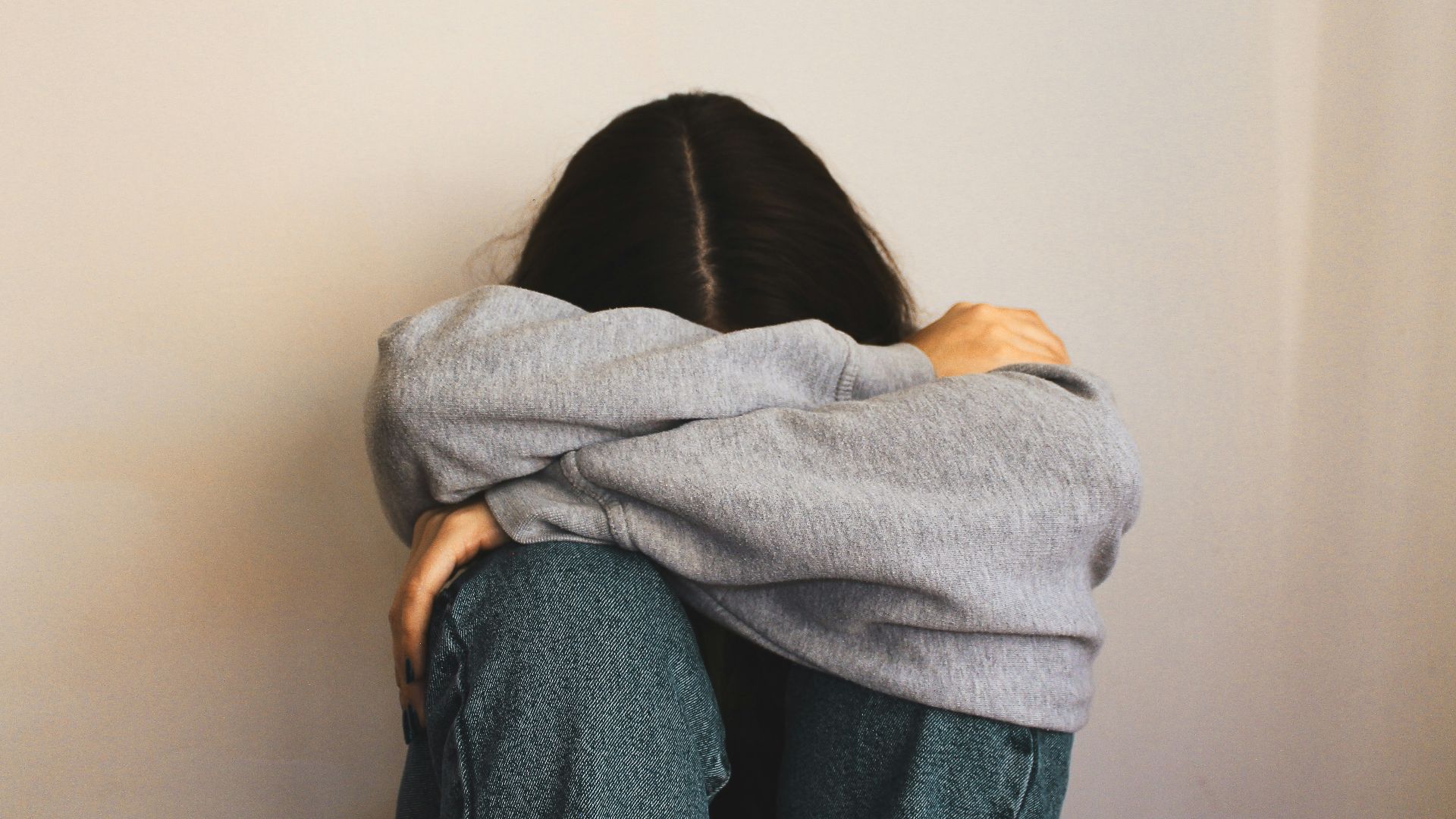Deciding whether or not to have children is, obviously, a highly personal decision. And yet, people who have gone through with it seem to fall into two groups. There are those who find nothing but immense happiness and meaning in raising kids. Then, there are those who see having children as the ultimate burden, and something that would only impede personal freedom, happiness, and long-term aspirations. Both of these perspectives are completely valid, and it's why psychologists have been warning that such a choice should never be taken lightly.
The Happiness Factor
In a now-famous survey, psychologist Daniel Kahneman and his associates asked about 900 working women to keep diaries of their activities and happiness levels at the end of each day. Time with children was among the least enjoyed activities in the women’s diaries, ranking below watching television, shopping, and making dinner. Other research finds that having a child can lead to a long-term decrease in happiness and satisfaction in marriage, a decline that does not rebound until children leave home.
Parenting in general, and early parenting in particular, is a recipe for stress. The financial pressure, sleepless nights, and unrelenting demands of child care exact a toll on the body. There are also gender-specific sources of stress, such as pregnancy and breastfeeding for mothers, as well as partnership challenges, as husband and wife vie for control of the new family’s sleep schedules, work hours, and child-care duties. A day with an angry toddler or sullen teenager is all it takes to get a sense of the emotional work of child-rearing.
Still, the results have not been entirely negative for everyone. Other studies have found that fathers between the ages of 26 and 62 experience a slight increase in happiness, and younger or single parents may face the heaviest emotional burden. The lesson here is that while the decision to have children must consider the likely impact on personal well-being, it will also depend on a variety of personal factors, including individual personality and support networks.
The Meaning of Responsibility
But there are other, more practical reasons to be cautious about having a child. It’s simply more expensive than ever. The cost of diapers, formula, childcare, and housing are all going up, making it harder and harder to take care of a family without a lot of stress. For some people, waiting until you have stability and happiness in your life, or choosing not to have children at all, is actually the most responsible choice you can make.
In the end, what’s normal now is for people to choose not to have children. Parenthood is not something you have to do, or a way to meet a cultural expectation. The key thing is that if you choose to raise a child, you have the resources to give them love, care, and stability. If you’re happy, whether you have children or not, that’s a good, responsible, and ultimately fulfilling choice.










